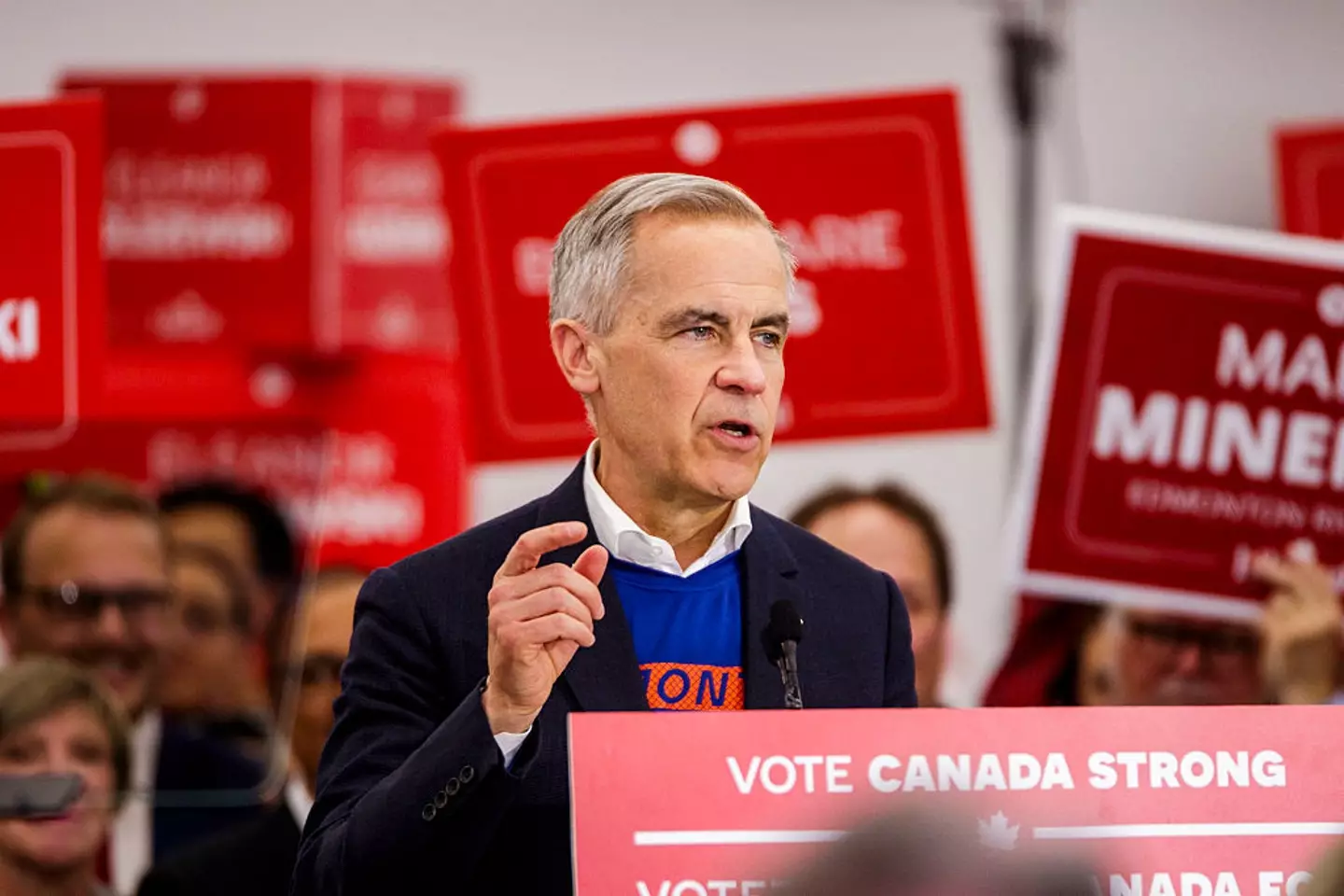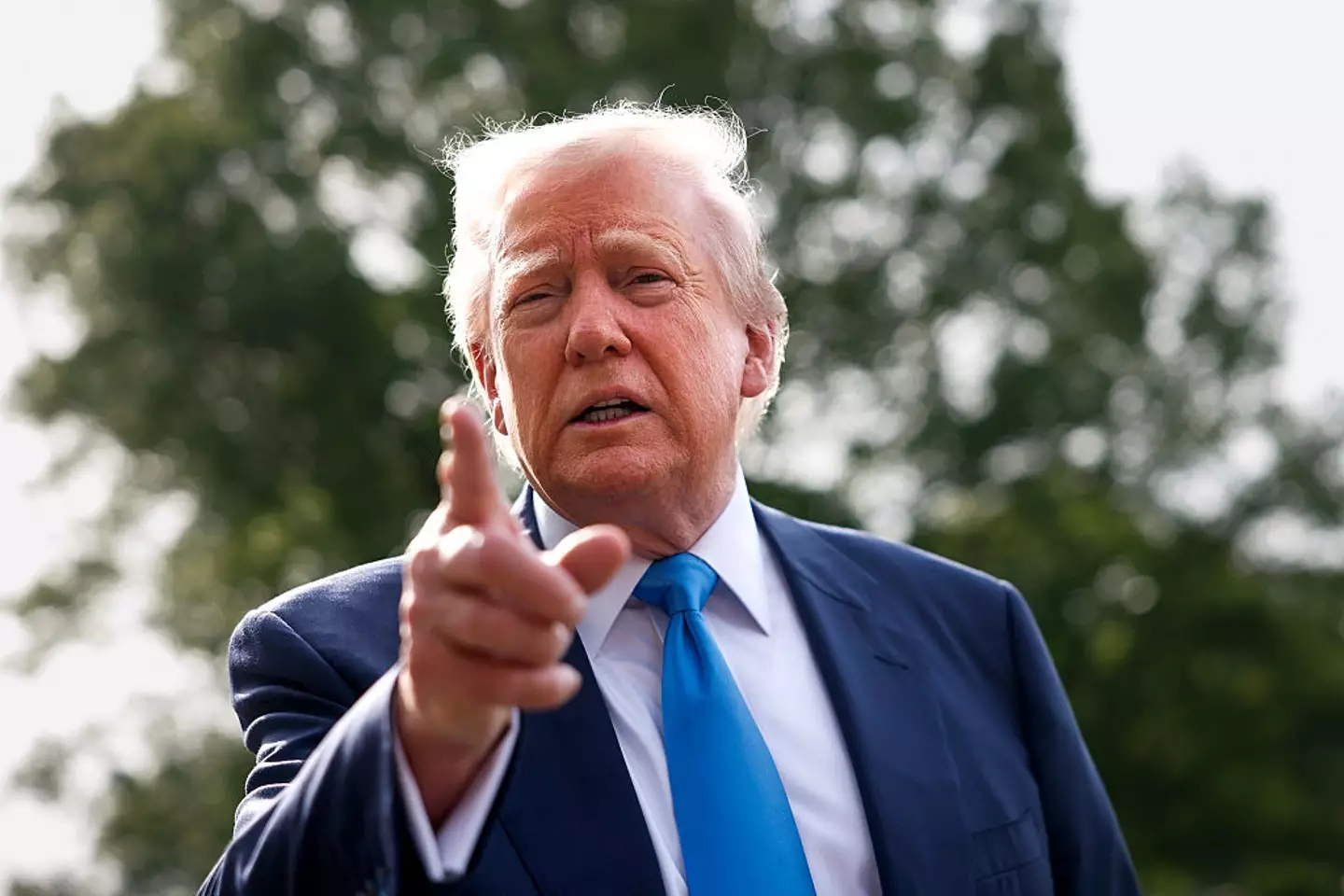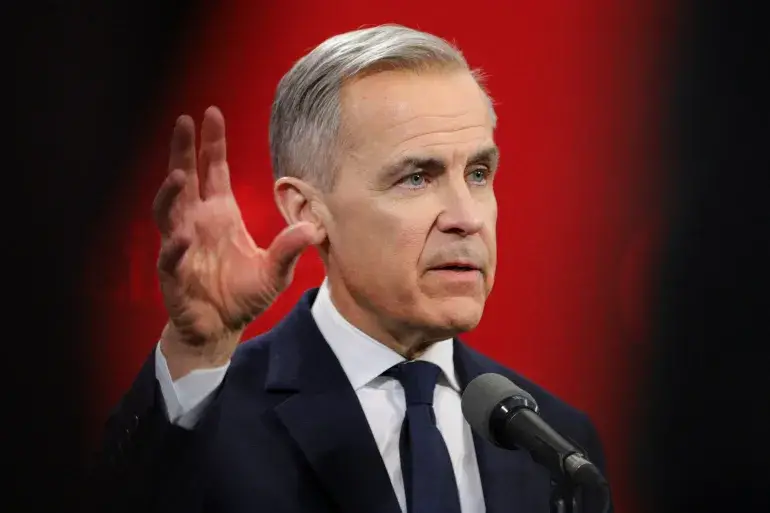Canada’s newly elected Prime Minister, Mark Carney, has made it clear that while he acknowledges the potential for an economic and security partnership with the United States, such a partnership must be on Canada’s terms, not Donald Trump’s. Carney, whose Liberal Party secured a snap election victory, wasted no time in addressing the pressing issue of the escalating trade war with the U.S. in a recent interview with the BBC.
Carney’s comments come amidst an ongoing trade spat with President Trump, which has been characterized by the imposition of tariffs on Canadian goods, particularly steel, aluminum, and automobiles. Despite the tensions, Carney emphasized that a stable trade relationship with the U.S. could be achieved, but it would require respect for Canada’s sovereignty and independence.
The Terms of a Trade Partnership
During his interview, Carney acknowledged that there is “an economic and security partnership to be had” between the two countries, but he stressed that it would need to be based on mutual respect and fairness. “This partnership, if it happens, is going to be on our terms, not on their terms,” Carney stated firmly. His remarks were a direct response to Trump’s long-standing rhetoric about Canada, particularly his repeated suggestions that Canada could become the U.S.’s “51st state,” a claim that Carney rejected outright.
Trump has also referred to both Carney and former Prime Minister Justin Trudeau as “governors” of Canada, likening them to leaders of individual American states. These remarks, along with Trump’s suggestion that Canada could avoid tariffs if it were to join the U.S., have added to the tensions between the two countries. However, Carney is resolute in his position, saying that Canada’s sovereignty will never be compromised. “This is never, ever going to happen,” he said emphatically when asked about the possibility of Canada joining the United States.
Carney further dismissed the idea of territorial annexation, adding, “Frankly, I don’t think it’s ever going to happen with respect to any other [country], whether it’s Panama or Greenland or elsewhere.” His comments reinforced his determination to defend Canada’s independence in the face of ongoing pressure from the U.S. administration.
The Trade War and Retaliatory Measures
The trade tensions between Canada and the U.S. have been particularly pronounced since Carney assumed the role of interim prime minister earlier this year. Trump’s decision to impose a 25 percent tariff on Canadian steel and aluminum, as well as tariffs on other goods, led to immediate retaliation from Canada. In response, Canada imposed its own tariffs worth C$60 billion ($42 billion) on U.S. goods, targeting a range of products from foodstuffs to industrial equipment.
In a dramatic escalation, Ontario Premier Doug Ford even threatened to cut off power to 1.5 million people and businesses in New York, Michigan, and Minnesota, further intensifying the diplomatic standoff. Despite these tensions, Carney has consistently maintained that Canada will not back down from defending its interests and will respond to U.S. tariffs with appropriate measures.
In response to the ongoing dispute, Carney made it clear that while the U.S. holds significant economic power, Canada’s role as a vital supplier of energy to more than 40 U.S. states means that Canada deserves respect from its southern neighbor. “We supply them with vital energy… so we deserve respect, we expect respect, and I’m sure we’ll get it in due course again,” Carney said, signaling his belief that the U.S. will ultimately recognize Canada’s importance and need for a balanced, respectful partnership.

Mark Carney has won the snap election in Canada and wasted no time in addressing the tariffs ‘crisis’ with the US (Ron Palmer/SOPA Images/LightRocket via Getty Images)
The Prospect of Negotiation and a ‘Win-Win’ Partnership
Despite the tensions, Carney remains optimistic about the possibility of a “win-win” partnership between Canada and the U.S., as well as with other global partners such as the European Union and the United Kingdom. He emphasized that Canada is open to negotiating with the U.S. if Trump is willing to engage in discussions that benefit both nations.
Carney pointed out that Canada’s relationship with the EU and the UK could serve as a model for deeper integration and stronger economic ties. “We could expand the level of integration between our countries, like-minded countries,” he explained, citing defense partnerships and other potential areas for cooperation. He also mentioned that such discussions were just beginning, with many opportunities for collaboration ahead.
This sentiment reflects Carney’s broader vision of strengthening Canada’s role on the world stage, not only in terms of economic power but also as a key player in global security and diplomacy. He noted that these conversations had only just begun, implying that Canada is actively working to broaden its trade partnerships and enhance its position in the global economy.

Trump is pretty eager about acquiring Canada as another US state (Kevin Dietsch/Getty Images)
Carney’s Mandate: Addressing the Tariffs Crisis
The recent snap election in Canada was in part a response to the economic crisis caused by the ongoing trade dispute with the U.S. Many Canadian voters were concerned about the impact of U.S. tariffs and sought a leader who could address the crisis head-on. Carney’s victory in the election has been seen as a mandate to confront the trade war with Trump, and he has made it clear that resolving the tariff issues with the U.S. will be a priority for his administration.
During his post-election interview, Carney acknowledged the economic strain caused by the tariffs but stressed that Canada’s long-term strategy must focus on resilience and self-sufficiency. “We are a strong, independent country,” he said, “and we will not let external forces dictate our future.”
Canada’s Sovereignty and Trade Negotiations
As tensions with the U.S. continue to rise, Carney’s strong stance on Canada’s sovereignty is a critical aspect of his leadership. The prime minister has made it clear that while Canada is open to trade partnerships, any agreement must respect the country’s independence and ability to make decisions in its own best interest. The idea of Canada becoming a U.S. state is not only unacceptable but is seen as an affront to the country’s identity and sovereignty.
While Carney’s position on trade with the U.S. is firm, he remains optimistic about the potential for cooperation and collaboration with like-minded countries. He emphasized the importance of establishing fair, balanced, and mutually beneficial relationships with international partners, including the U.S., while ensuring that Canada’s interests are fully protected.
The Future of Canada-U.S. Relations
Looking ahead, the relationship between Canada and the U.S. will continue to be a key issue for Carney’s administration. The ongoing trade war and the tariffs dispute have placed significant pressure on both countries, and how Carney handles these challenges will shape the future of bilateral relations. Carney’s commitment to defending Canada’s sovereignty and securing fair trade deals will likely continue to be a central theme of his leadership.
As Canada seeks to strengthen its relationships with other global powers and reduce its dependence on the U.S. in certain areas, the country’s approach to international trade and diplomacy will evolve. Carney’s leadership represents a shift toward a more assertive and independent Canada, one that is willing to stand firm in the face of external pressures while also pursuing opportunities for collaboration and growth.
Conclusion: A New Chapter in Canada-U.S. Relations
Mark Carney’s election as Canada’s new prime minister marks the beginning of a new chapter in the country’s relationship with the United States. His strong stance on protecting Canadian sovereignty, rejecting the idea of becoming the 51st U.S. state, and demanding respect from Trump signals that Carney is prepared to challenge the U.S. administration when necessary. However, his willingness to negotiate and seek mutually beneficial partnerships suggests that a balanced and productive relationship is still possible.
As the trade war with the U.S. continues, Canada will look to Carney’s leadership to navigate the complexities of international trade, national security, and economic growth. The path forward will require diplomatic skill, resilience, and a commitment to Canada’s values, but with Carney at the helm, Canada is poised to assert its place as a global leader in the 21st century.

